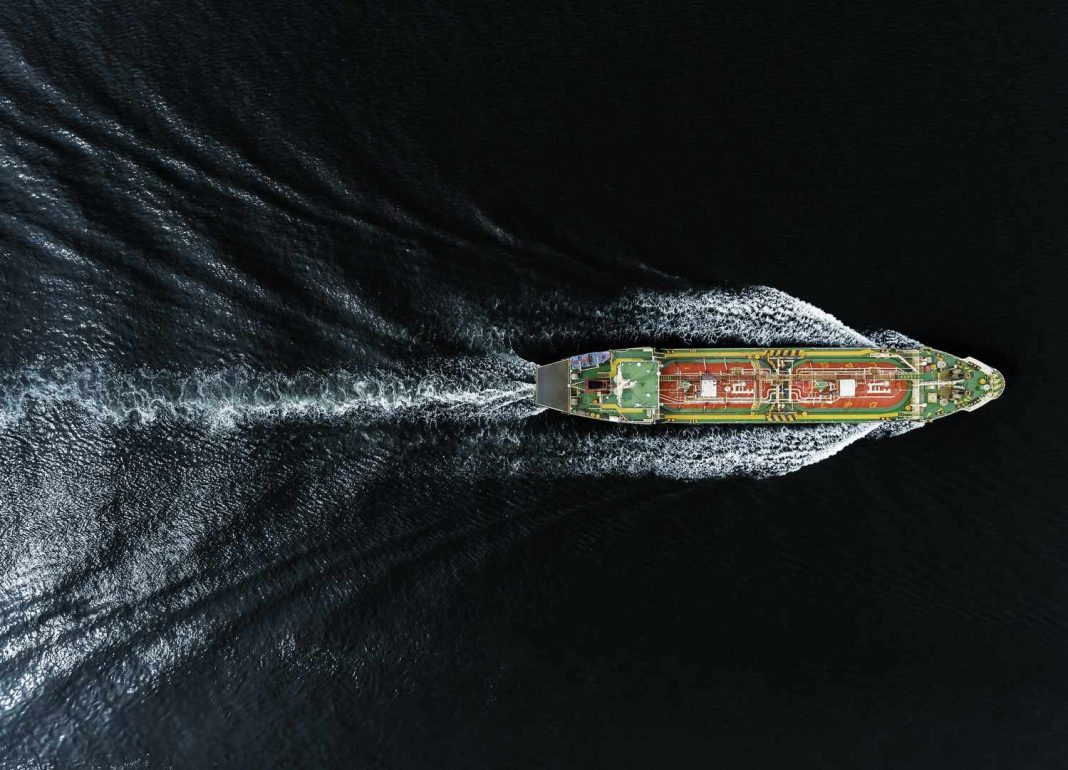According to the report, Russian tankers sometimes switch their flags to those of the above-mentioned countries, practicing so-called “flag-hopping” to transport oil sold above the Western price cap.
The calls to enforce oversight of the ships reportedly came from the US, EU, and UK in letters signed by Lindsey Whyte, head of international finance at the UK Treasury, John Berrigan, head of the European Commission’s financial services unit, and Brian Nelson, a terrorism and economic intelligence official at the US Treasury.
The price cap bans Western firms from providing insurance and other services to shipments of Russian crude unless the cargo is purchased at or below the $60-per-barrel price cap. While imposed nearly a year ago, the cap was not enforced until October this year, when the US started trying to close loopholes in the mechanism by sanctioning oil tankers and maritime companies suspected of transporting Russian oil above the price ceiling.
Many in the West lament that the price cap is not working. The mechanism initially aimed to force Russia to continue exporting oil to prevent global prices from spiking while reducing Moscow’s revenue from crude sales. However, according to a Bloomberg report last month citing a study of trade and shipping data by the KSE Institute, over 99% of Russian seaborne oil sold in October alone was $79.40 per barrel, well above the Western cap.
